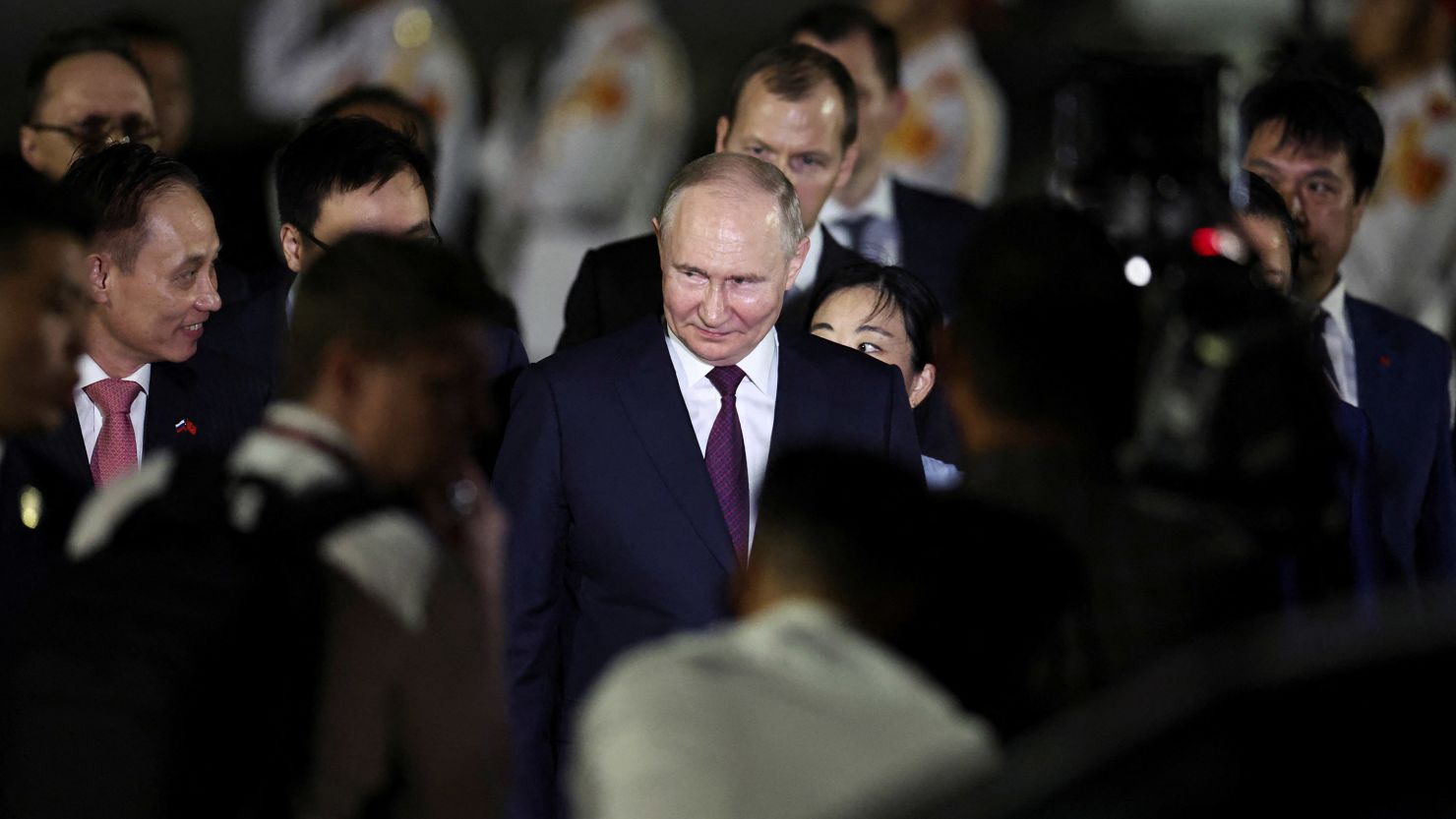The Russian dictator tried to cast his shadow over the Peace Summit in Switzerland. Two weeks before the summit, Volodymyr Zelenskyy spoke about Russia’s plans to disrupt it. According to him, Moscow’s representatives traveled the world, threatening some countries with blockades of agricultural, chemical, and food products. Another tool of blackmail was the threat of rising energy prices.
On the eve of the summit, Putin announced his “conditions for peace” (more of an ultimatum), which have hardly changed over more than two years of full-scale war. Specifically, the Russian dictator insists on the occupation of four regions: Luhansk, Donetsk, Zaporizhzhia, and Kherson. For negotiations to begin, Ukraine must declare a neutral status, including renouncing plans to join NATO. Another condition is the lifting of Western sanctions against Russia.
Western allies immediately responded to Putin’s statement. German Chancellor Olaf Scholz called Putin’s proposals for negotiations unserious.
“Putin has shown what really interests him: classic imperialist conquest of territories. He has used great military force and started a brutal war,” Scholz added.
Dutch Prime Minister Mark Rutte believes that Putin’s “crazy ‘peace proposal'” shows that the Russian dictator is panicking. Italian Prime Minister Giorgia Meloni considers Putin’s words more propaganda than a real path to peace. Washington also reacted later.
“We must call things by their names: the Kremlin wants Ukraine to accept an unjust peace at gunpoint, which would reward Russia for its aggression,” emphasized US representative Linda Thomas-Greenfield during a UN Security Council meeting.
In an interview with Channel 24, Czech Deputy Foreign Minister Jan Marian stated that Ukraine needs to negotiate from a position of strength, so allies must provide all necessary support to change the situation on the battlefield. Analysts at the Institute for the Study of War (ISW) believe that the Russian dictator is not currently interested in sincere negotiations with Ukraine and makes such “peace” statements only to undermine Western support and force territorial concessions.
Despite Putin’s imperialist statements, some countries felt the absence of the Russian side at the round table during the first Peace Summit. Saudi Arabia’s Foreign Minister Prince Faisal bin Farhan Al Saud stated that negotiations between Ukraine and Russia “will require difficult compromises.” Ecuadorian President Daniel Noboa advocated for negotiations with Russia, believing this is the only way to achieve lasting peace. Turkish Foreign Minister Hakan Fidan also expressed the desire to involve Russia in the Peace Summit.
“This Summit could have been more results-oriented if the other side of the conflict – Russia – were present in the room,” he emphasized.


